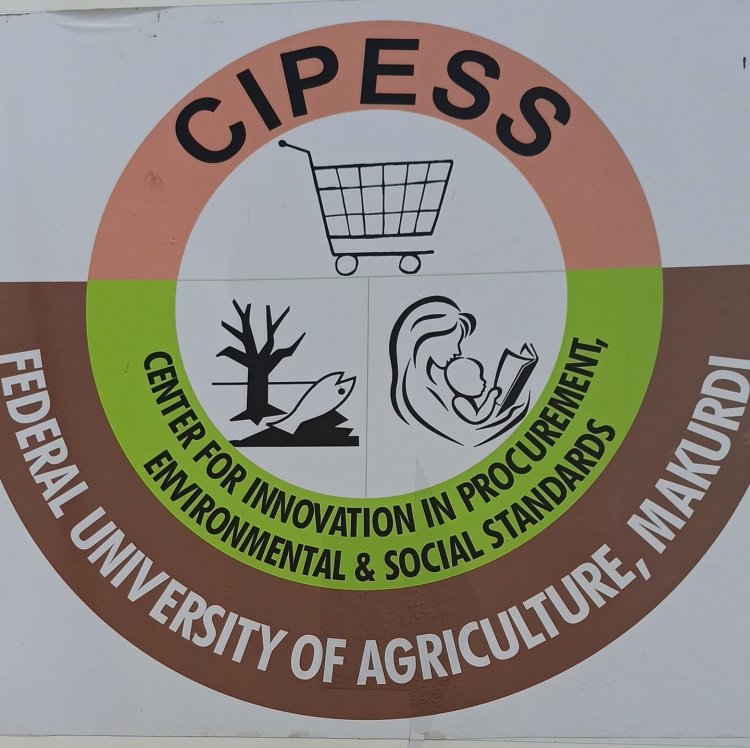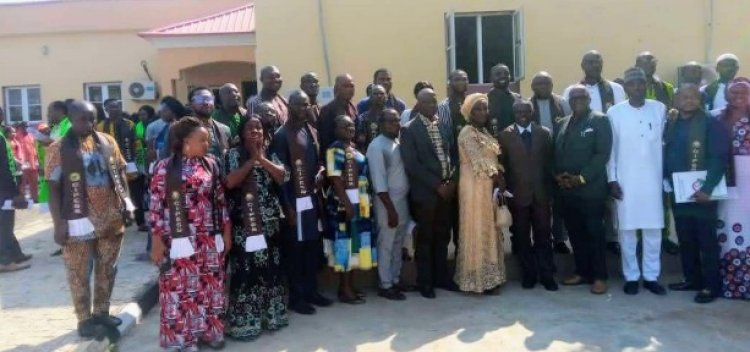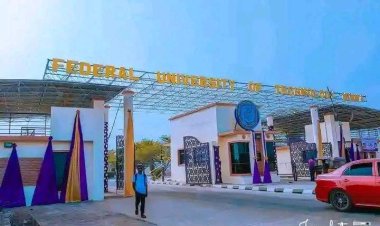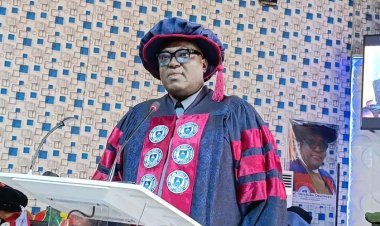CIPESS Graduates 140 in Procurement, Environmental and Social Standards
“The training will go a long way in solving our environmental hazards, boosting the nation’s capacity building and enhancing career progression/professionalism of the graduates,” assured Professor Ekefan.

A total of 140 participants from Kogi State have successfully completed a three-week Executive Course organised by the Centre for Innovation in Procurement, Environmental and Social Standards (CIPESS) of the Federal University of Agriculture, Makurdi. The program, which took place at Salem University, Lokoja, offered specialisations in Procurement, Environmental and Social Standards.

See more: 23-Year-Old Makes History, Becomes NIPSS Youngest Ever Graduate
The empowerment scheme, a federal government initiative funded by the World Bank, aims to bridge the gap in the supply of certified professionals in procurement, environment and social standards. Professor Ebenezer Ekefan, Project Management Officer, highlighted the lack of specialised training in these fields in Nigerian Universities.
“The training will go a long way in solving our environmental hazards, boosting the nation’s capacity building and enhancing career progression/professionalism of the graduates,” said Professor Ekefan. He also noted the potential for the training to reduce corruption and encouraged young people to embrace studies in these three new professional courses.
For you: Commissioner Uncovers 152 Fraudulent Names in Katsina Teacher Recruitment List
Professor Ekefan commended the federal government for establishing the Centre for Innovation in Procurement, Environmental and Social Standards across the six geopolitical zones in Nigeria. He noted that the Centre at the Federal University of Agriculture, Makurdi, covers the North-Central zone, which includes Kogi State.
Recommended: Imo Rep Awards Scholarship Grants To 100 Beneficiaries in Ideato
Course Representatives Akubo Belson, Larry Ibilola, Jibrin Kasim, and Akinola Joy praised the commitment shown by participants throughout the training. They urged the graduates to apply the knowledge they have gained to promote professionalism in their respective fields and to act as change agents in their communities.

 Chukwuebuka Aniakor
Chukwuebuka Aniakor 



